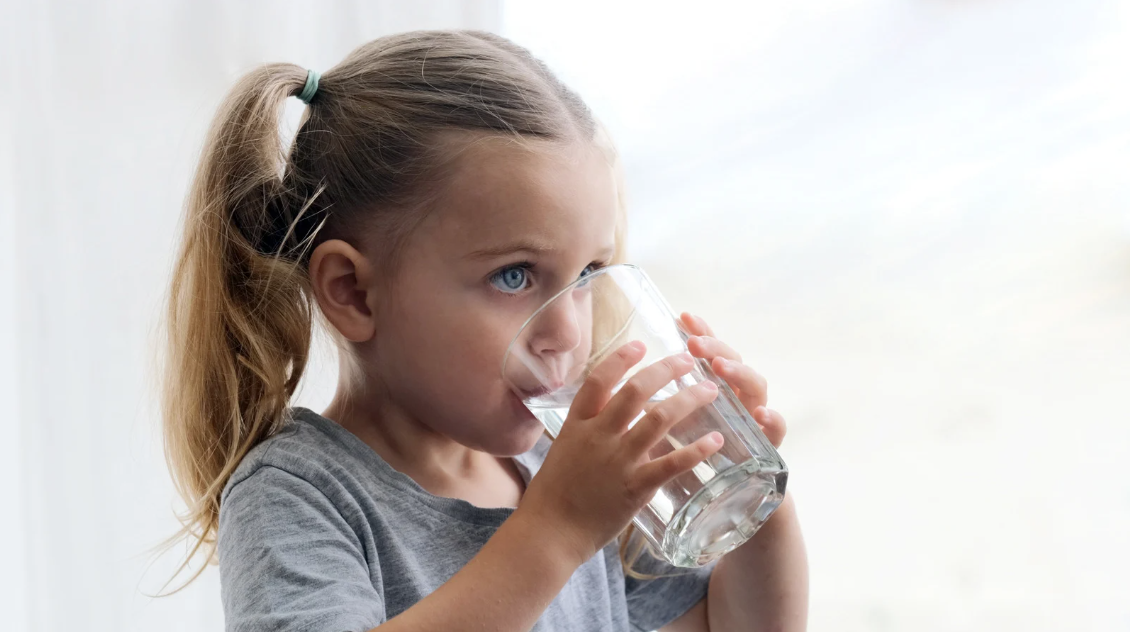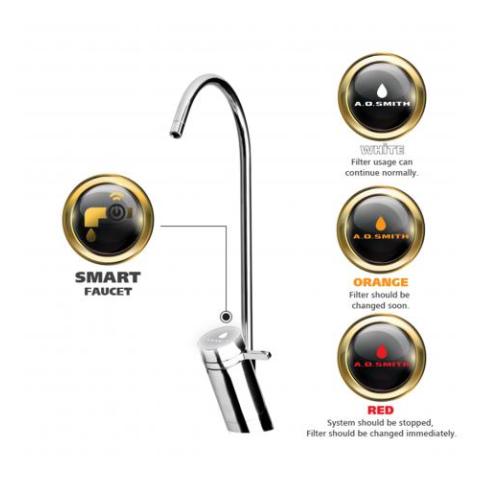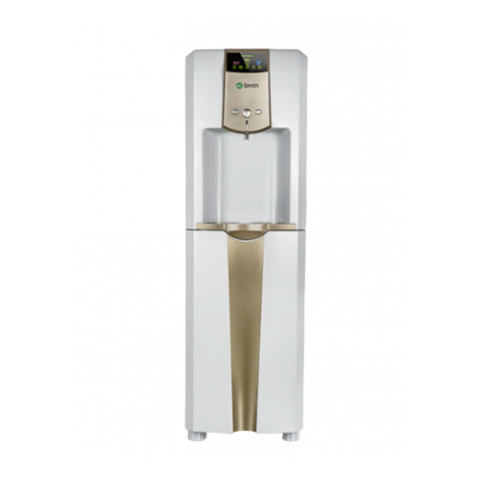Your kids probably drink plenty of juice and milk each day. But don’t forget about water. Although it has no nutrients, H2O is essential to your child’s health. Water aids digestion, helps prevent constipation, and is vital for proper blood circulation. It also helps transport nutrients and oxygen to cells, cushions joints and protects organs and tissues, helps regulate body temperature, and maintains electrolyte (sodium) balance. Read on for vital facts about kids and water.
You don’t have to count every ounce
Children need the same amount of water as adults: about one quart for every 1,000 calories they expend. (The exception is infants, who shouldn’t drink water; breast milk or formula is enough.) But don’t worry about the math — let your child’s thirst be your guide, says Joel Steinberg, M.D., a professor of pediatrics at the University of Texas Southwestern Medical Center, in Dallas.
Just make sure to offer water between meals. A benchmark that kids are drinking enough: “They’re urinating every few hours,” says Michael Farrell, M.D., chief of staff at Children’s Hospital Medical Center of Cincinnati.
Water is crucial when the weather’s hot
“Because water helps control the body’s temperature, it’s the first line of defense against heat-related illnesses like heat exhaustion and heatstroke. Both are related to dehydration,” says Andy Spooner, M.D., director of general pediatrics at the University of Tennessee, in Memphis. And while children can become dehydrated at any time of year, it’s more likely to happen during the hot summer months.
Heat exhaustion occurs when the body loses too much water through perspiration. Symptoms include fatigue, anxiety, and drenching sweats.
To guard against heat exhaustion, give your kids easy access to water. Bring bottles of it when you’re on a car trip or at the beach or the park. Encourage water breaks, especially if your child is physically active.
Thirty to 40 minutes before kids play sports, have them drink a cup of water. And make sure they drink at least another cup every half hour or so during the game. Don’t rely too much on sports drinks, which contain salt and sugar.
With heat stroke, a potentially fatal condition, the body can no longer cool itself, and its temperature rises to a dangerous level. Dehydration does contribute to heat stroke, but the condition is mainly caused by being in a hot place.
Water can keep a child at a healthy weight
You’ve probably heard the sobering statistic that 15 percent of school-age kids in the U.S. are overweight or obese, conditions that often lead to adult illnesses like heart disease and diabetes.
Give your children a head start on a healthy life by encouraging them to drink water or juice spritzers, instead of sugar-laden juice boxes or soda. And don’t forget to be a good role model by chugging water yourself between meals.
“If children see a parent drinking water, they’re more likely to drink it too,” says Rachel K. Johnson, Ph.D., R.D., a professor of nutrition at the University of Vermont, in Burlington. At meals, though, you should definitely give your child some milk. “Kids need the calcium in milk for bone strength,” Dr. Johnson says.
Don’t forget about fluoride
For structurally stronger, more decay-resistant teeth, children need fluoride through the age of 14, says Cynthia Sherwood, D.D.S., a spokesperson for the Academy of General Dentistry, in Independence, Kansas. Generally, your tap water is adequately fluoridated if it comes from a public water supply.
But if your water comes from a well, if you drink bottled water that’s not fluoridated, or if you have a water filter on your kitchen faucet (some water filters remove heavy metals and fluoride), talk with your pediatrician or your dentist about whether your child needs to take a daily fluoride supplement or a combination of multivitamins and fluoride.
Copyright © 2003 Sandra Gordon. Reprinted with permission from the June issue of Parents magazine.




